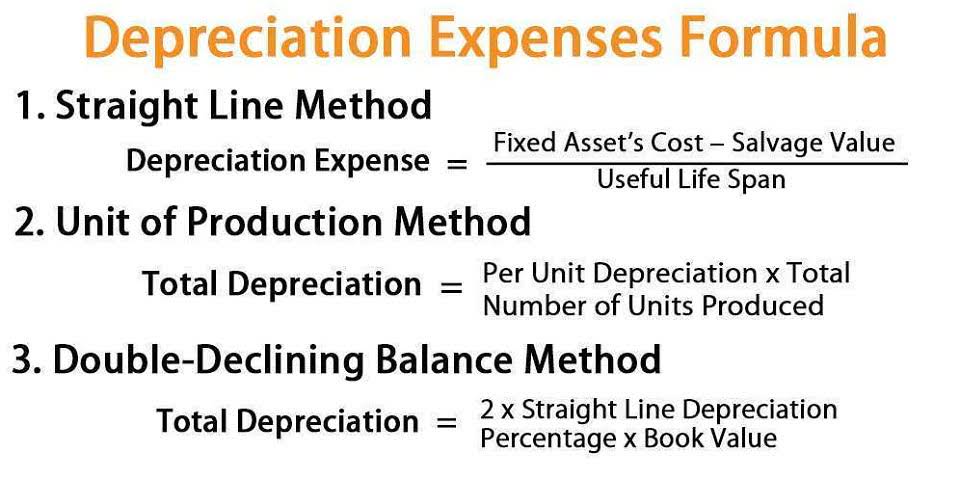
On top of that, you should keep clear records of all the other payments and expenses, as well-documented history helps prevent issues, disputes, and unpaid invoices. We account for frequent exchange rate fluctuations by building it into your invoice. That means we take into account the exchange rate on the 25th and the 30th of the month (Forward Rate). Hero Gaming can now more efficiently manage invoices, guarantee manager approval, and track where money goes with a streamlined and flexible global payroll workflow. Payoneer has a global presence like PayPal and offers multiple options for money withdrawal, including their own Mastercard. Now, Deel makes managing over 50 contractors easy for Video Husky, and they don’t have to worry about anything falling through the cracks.
No pre-funded accounts

If the IRS determines that a company willfully avoided withholding obligations, additional penalties can be imposed, including potential criminal charges. Non-compliance can also trigger IRS audits, leading to further scrutiny of a company’s tax practices and potential exposure to additional liabilities. A properly completed W-8BEN remains valid for three years unless a change in how to pay international contractors circumstances occurs, such as a contractor relocating to a different country. If the form is not submitted, businesses must withhold the default 30% tax on U.S.-sourced payments. The IRS may disallow treaty benefits if the form is incomplete or lacks a valid TIN, making it essential for businesses to verify accuracy before processing payments. An international wire transfer is probably the best-known method for paying international contractors.
Is the independent contractor an employee of the company?

There is no requirement for U.S. companies to file an IRS 1099 Form to pay a foreign contractor. But as noted above, the company should require the contractor file IRS Form W-8BEN, which formally certifies the worker’s foreign status. Any global company needs to understand its business designation in a foreign market, and all inherent tax laws and income reporting obligations that come with being classified as a permanent establishment. There are many factors to consider when paying foreign contractors if you want to stay in compliance, minimize operational costs and keep valued contractors happy on the job. While there are benefits to hiring contractors, like the ability to only employ them on a per-job basis, or not having to provide benefits or cover payroll taxes, there are limitations. Though you have the ability to direct the result of the work, the Internal Revenue Service (IRS) guidelines state that hiring companies can’t control the contractor’s work or how they do it.

Wise
- You need to be aware of both the U.S. tax laws and the laws of the contractor’s country.
- As US-based businesses increasingly adopt a global workforce, hiring foreign contractors has become common.
- The contractor is required to report and handle the tax payments within their own country, but the IRS requires you to report any money you pay to foreign independent contractors.
- These include wire transfers, electronic funds transfers, and even cryptocurrency payments.
- The freelancer (independent contractor) initiates the payment transaction through a “Create an invoice” link in the PayPal Business app.
- Another important consideration when paying foreign contractors is the method of payment.
PayPal offers credit card options to top up your account and allows you to send to thousands of individuals at the same time. However one of the biggest downfalls of PayPal is that you can only send from a PayPal account to another PayPal account. Paying foreign contractors can be challenging, especially when navigating cross-border payments and compliance.
Tax reporting and filing requirements
Note this https://www.bookstime.com/articles/what-is-invoice-factoring documentation is crucial to have in case your company is audited by IRS. If you don’t meet the above conditions, you’re required to withhold the foreign contractor’s income, and report this when filing taxes. The exception to this rule is if the foreign contractor is from a country that has an existing tax treaty with the US. International money orders are a less common but still viable option for paying foreign contractors. This method is particularly useful for contractors in countries with limited access to banking services. One of the common challenges we have seen US companies face when they hire international independent contractors is sending money to foreign countries.
Payment methods for foreign independent contractors
- While these aren’t payment platforms in the traditional sense, they do come with built-in global payment tools that make life a whole lot easier for employers.
- If the international contractor(also known as a 1099 worker) works outside of the US, even if they are a US citizen, the local government always imposes a cut.
- Now that you know how to pay international contractors, we’ll give you four expert tips that will help you significantly improve your global payroll management.
- This tax form asks for identifying information about the contractor, including their name and address.
- Businesses should ensure that foreign contractors update this form every three years or sooner if their tax status changes.
Your first task is to be sure that you are hiring an independent contractor rather than mislabeling a new employee. Independent contractors are hired for their https://drbiswasgoodhealth.co.in/2021/10/21/contribution-margin-what-it-is-how-to-calculate-it/ services on a project-based or fixed-term basis. The independent contractor receives monetary compensation from the employer, but does not receive other employee benefits. Businesses and organizations are not required to issue Form 1099 where the foreign or independent contractor is not a U.S. person and conducted their services entirely outside U.S. borders. Instead, the foreign contractor must complete and file Form W-8BEN (Certificate of Foreign Status of Beneficial Owner for US Tax Withholding and Reporting). Payoneer offers a global payments platform for cross-border payments to international contractors and other types of payees.

The IRS generally requires a 30% withholding on payments made to non-U.S. Persons for income sourced within the United States, unless an exemption applies. This tax applies to fixed or determinable, annual, or periodic (FDAP) income, including royalties, rents, and certain service fees.